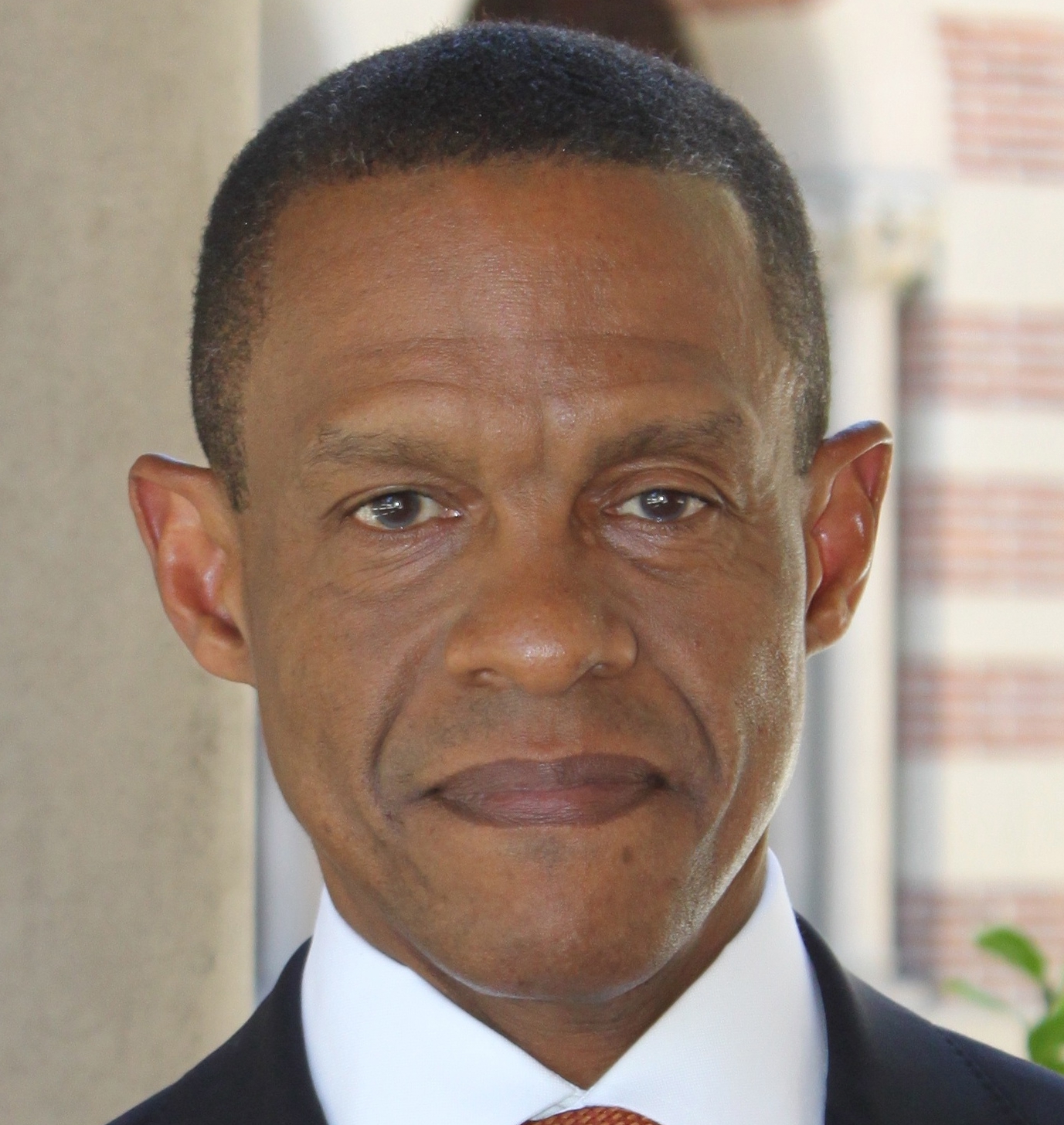Americans embracing extremist ideologies are killing other Americans. The most recent example is the shooting rampage at a movie theater in Lafayette, Louisiana, where attacker John Russell Houser murdered three people and wounded seven others before killing himself.
After an attack, there is always a desire to neatly categorize motivation, using terms like “ISIS-inspired” or “right-wing extremist.” In classifying an attack, we hope to define why someone would commit such a heinous act. The challenge, however, is that legal terms like “hate crime” and “terrorism” belie a deeper truth: all of these kinds of actions are instances of homegrown violent extremism (HVE). Recognizing this, we can paint a clearer picture of not just an ideology but also a motivation.
Even as the investigation into Houser’s background is ongoing, there are some things we do know. His social media fingerprint illustrates a clear interest in racist, anti-government, anti-Semitic and anti-gay ideologies. Houser wrote a “manifesto” describing what is was like as a white Christian man living under President Obama, urging males to “fight until the end and enjoy it. People are good at what they enjoy, and your Maker would want it that way.”
He spoke of a lack of access to “white power groups” when searching the Internet, which he deemed the result of government censorship. He argued in a January 2014 online forum that the United States needed a right-wing group like Greece’s neo-Nazi “Golden Dawn” faction to restore its greatness. Clearly, Houser’s ideological allegiance spanned several groups that are often viewed as distinct. This hybrid of ideologies is becoming more common in HVE, one reason why it is so difficult to distinguish murder from a hate crime from an act of terrorism.
As I explained in Homegrown Violent Extremism, however, regardless of ideology, nationality, political objectives and targets, the motivation for HVE generally arises from similar origins. Recognizing there are always aberrations, HVE is often driven by retribution and/or altruism.
An attacker’s desire for retribution is borne of a perceived slight to those they identify as among their ideological group. A notion of altruism arises when an extremist sees their action as contributing to a better future for a given group. Prime examples of this are found in researching the suicide bombings in Israel, where attackers often believe they are advancing a better future for the Palestinian Occupied Territories.
The case of Houser indicates that both of these motivations may have been present. He felt the presidency of Barack Obama in some way offended his religious and racial identity. He also advocated for an extremist group that could reform the United States to some notion of “greatness.” If his attack in Louisiana was driven by his extremist ideologies (and mental health issues notwithstanding, there is reason to think it was), retribution and altruism do seem to be present in Houser’s beliefs.
Similar motivations are found in the case of terrorist Dylann Roof, who attacked the Mother Emanuel Church in Charleston, South Carolina. Roof was fixated on “black-on-white crime” and reciprocated with a “white-on-black” attack, evidenced not just by the race of the people he murdered but also by the historical affiliation of that church with civil rights and the African American community. He bemoaned “white flight” from cities and felt whites should stay behind and fight, writing: “Someone has to have the bravery to take it to the real world, and I guess that has to be me.”
Houser is being called a “lone wolf,” and Roof is being charged with a “hate crime.” Meanwhile, those engaged in alleged “ISIS-inspired” homegrown attacks are immediately and unequivocally regarded as terrorists. Yet, Houser, Roof and nearly all violent extremists are driven by similar motivations. There is no simple classification for the ideologies that drive someone to commit an act of terror, but that does not make them any less a homegrown violent extremist.
Terrorists don’t carry membership cards. Perhaps we can grant them one in the form of a conviction in a court of law. That means recognizing that terrorism is not specific to an ideology, but is the product of undeniable motivations.


